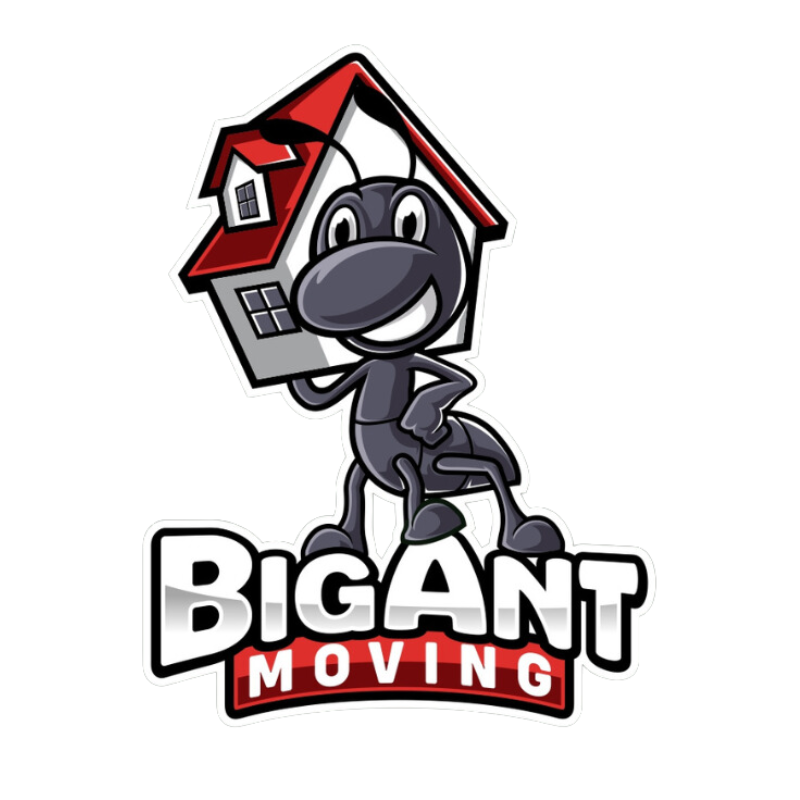Our Moving Day Checklist provides a comprehensive list of tasks to complete on the day you move. This includes morning tasks such as waking up early, packing last-minute items, and doing a final sweep of your home. It also covers loading and transportation tasks, arriving at your new home and unloading tasks, and important reminders such as confirming utility details and dropping off kids and pets with caregivers.
Pre-Move Preparation
Moving can be stressful, but with proper planning and preparation, you can help make your move stress-free. The key to a smooth move is starting early and having a plan. Here are some tips on how to prepare for your move. Start by creating a timeline of tasks that must be completed leading up to the move. For example, if your move date is six weeks, then four weeks before the move, you might want to start decluttering your home. Three weeks before the move, you could begin packing non-essential items. Two weeks prior, confirm moving arrangements with movers or rental truck companies. And so on. Another task often overlooked is notifying utility companies about the upcoming move. Give them ample notice and double-check recurring subscriptions like gym memberships, etc. Additionally, consider locking in new service contracts at the new address before moving day if possible.
Decluttering and Organizing Your Home
Decluttering and organizing your belongings before moving day is vital for financial and logistical reasons; it cuts expenses and reduces unnecessary load while avoiding damage to valuable items during transit.
Start by sorting through each room in your home systematically – create bins labeled “Keep,” “Sell,” “Donate,” and “Throw Away.” Items you haven’t used in months should be donated or discarded, while items still in good working condition can be sold or donated. Decluttered homes pack easier and faster, even more, oversized items like furniture. Once you are left with only the things that truly matter to you, packing each room will be much quicker, and the supplies needed will decrease. LabeledThe movers should place labeled boxes or containers together for easier offloading and arrangement upon arrival. With an organized home after decluttering, you can start creating your essential items list.
Creating Your Essential Items List
Moving can be overwhelming, and forgetting essential items in packing is easy. To prevent this, consider creating an essential items list – a shortlist of must-have items you’ll need before, during, and after your move. Here are some examples of what you may include in your essential items list: Medications, Essential documents, Valuables, Phone chargers and electronics, Snacks and water bottles, ect. Creating an essential items list before your move gives you peace of mind and helps streamline the moving process. With this list, you won’t have to worry about losing track of essential items.
Detailed Moving Day Checklist
An excellent moving day checklist ensures a smooth and hassle-free move. Here are some essential things you might consider including: Coordinate with movers, Packing and labeling boxes, Pre-loading walkthrough, Utilities, Walkthrough at your destination, Post-move cleaning, and Tipping etiquette. Moving day is stress-free when there’s a well-executed plan in place. You’ll be on your way to a smooth transition into your new home by including these crucial steps in your moving day checklist.
Coordinating With Movers
Coordinating with movers is an essential part of a stress-free move. Once you have selected your moving company, it is essential to communicate effectively and regularly with the movers to ensure that everything runs smoothly on a moving day. Here are some tips on how to effectively coordinate with your movers. First, ensure you provide the movers with clear directions to your current home and your new home, including any special instructions or gate codes. This will avoid any confusion on a moving day and ensure that the movers arrive at the right place on time. It is also essential to discuss the details of the move in advance, including the date, time, and scope of the move. Make sure to clarify what items will be moved, any special handling requirements for fragile or valuable items, and any disassembly or reassembly needed for furniture. In addition, be present on the day of the move to give the movers a walkthrough of your home and answer any questions about handling specific items. Finally, remember that communication is a two-way street. Please provide your contact information to your mover so they can reach you in case of any issues or delays on a moving day.
Transport and Arrival Essentials
Once everything is loaded onto the truck and ready for transport, it’s essential to ensure the journey to your new home goes smoothly. Here are some transport and arrival essentials to keep in mind for a stress-free move: First, pack a moving day bag with all the essentials you will need on the road, including snacks, water, medicine, toiletries, pajamas, and any important documents or valuables you want to keep close. Next, ensure all boxes are sealed and labeled clearly with their contents and destination room. This will ensure that the movers can unload everything efficiently when they arrive at your new home. If you’re using professional movers, confirm your contact information before departing your old home. In addition, consider providing them with an estimated arrival time at your new home so they can plan accordingly. When you arrive at your new home, do a quick walkthrough to ensure that all utilities are functioning correctly and that no apparent signs of damage or issues need attention. Finally, don’t forget to tip your movers if they have done an excellent job. While tipping is not mandatory, showing appreciation for their hard work and dedication is customary. Following these transport and arrival essentials can help ensure that your move is stress-free from start to finish. By planning and communicating effectively with your movers, you can rest assured that everything will go smoothly on a moving day.
Setting Up Your New Home
Before you start unpacking, take a moment to assess your new home and create a plan for furnishing it. For instance, moving from a small apartment to a larger house may need extra furniture to fill the space. On the other hand, if you’re downsizing, you’ll need to get rid of some items or find creative storage solutions. Take measurements of each room before moving day to know what furniture can fit where. This will save you time and effort as you won’t have to move anything twice. The second step is to prioritize what rooms and tasks need attention first. Remember the checklist that we covered earlier? It’s just as important now as it was before moving day. Set up your kitchen, bathroom, and bedroom essentials before anything else. These spaces are crucial for daily functioning and will do wonders for your transition if set up immediately. Some homeowners make the mistake of trying to tackle too much too soon when setting up their homes. As detailed as your pre-move preparations might have been, setting everything up efficiently takes time. You may be tempted to unpack every box immediately, but this can lead to mid-move burnout or injuries from excessive lifting and hauling items around your new space. Ultimately, take things one room at a time and don’t rush through any part of the process. Creating a comfortable living space in your new home is not a race but rather an experience allowing you to make memories with loved ones.

